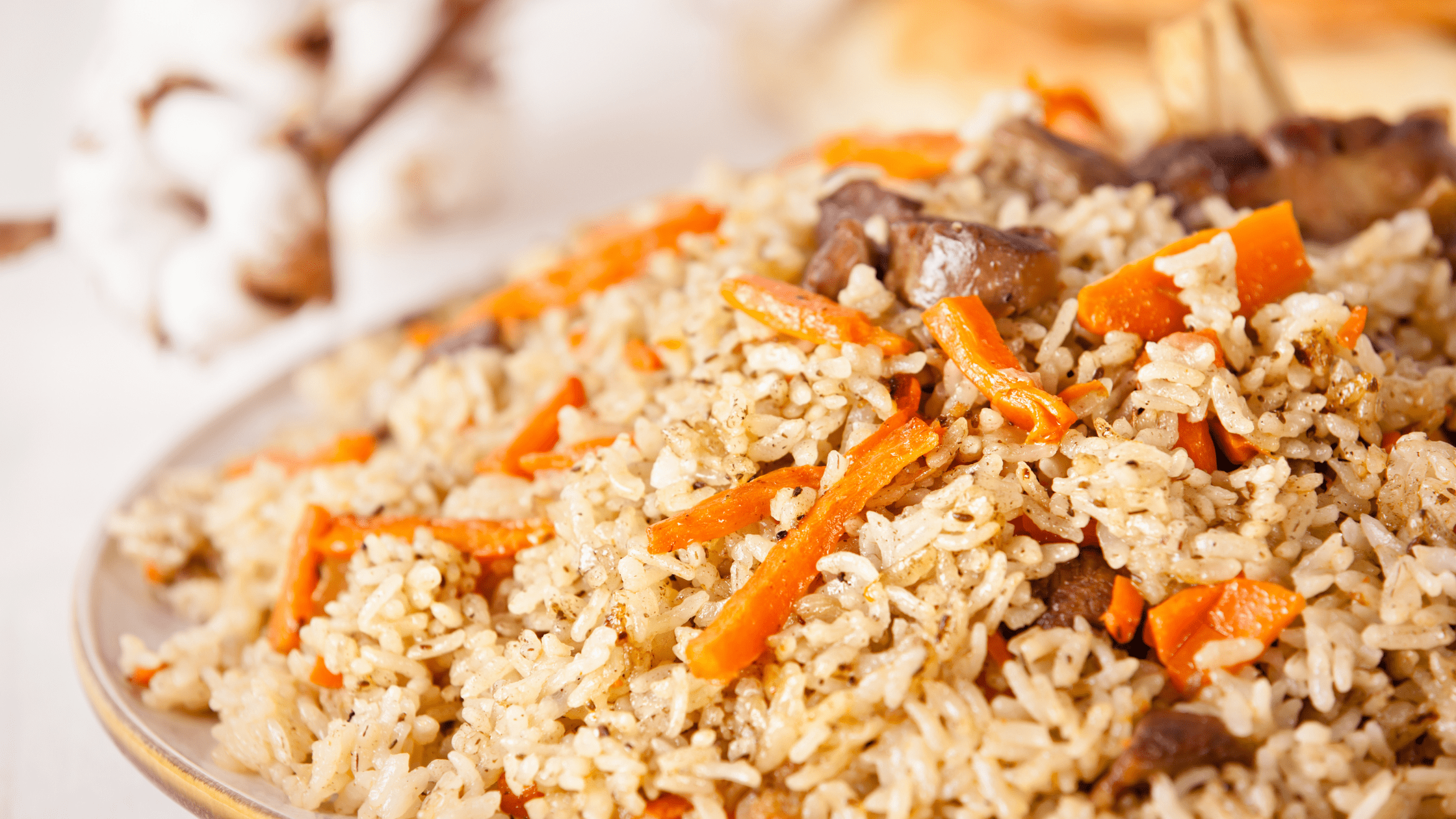Do you love rice? Do you own a rice cooker? If so, you’re in for a treat! In this blog post, we will discuss the science of how a rice cooker works. We will talk about the different parts of the machine and what they do. We will also share some fun facts about rice cookers and their history. So, if you’re curious about how your favorite kitchen appliance works, keep reading!
What is a Rice Cooker and What Does it do?
A rice cooker is a small appliance that is used to cook rice. It consists of a pot with a heating element and a lid. The pot is typically made of ceramic or stainless steel. Rice cookers can be either electric or gas-powered. When the rice cooker is turned on, the heating element heats the pot of water to boiling. The boiling water then cooks the rice. Rice cookers keep the rice at a consistent temperature, so it cooks evenly and doesn’t stick to the pot. They also have a timer so you can set it and forget it. Rice cookers are an essential kitchen appliance in many parts of Asia, where rice is a staple food. Rice cookers are becoming more popular in the West as people become more interested in cooking healthy, homemade meals.
How Does a Rice Cooker Work its Magic, and Why is it so Special?
Rice cookers are special because of the way they cook rice. Rice cookers use a process called “dry heat cooking.” This means that the rice cooker uses dry heat to cook the rice, instead of using water. The dry heat cooks the rice evenly and makes it fluffy and sticky. Rice cookers also have a vent that allows steam to escape, so that the rice does not get soggy. Rice cookers are special because they make perfect rice every time!
What Are Some of the Benefits of Using a Rice Cooker – Both in Terms of Function and Flavor Profile of the Cooked Rice Dish Itself?
Rice cookers are one of the most underrated appliances in the modern kitchen. Not only do they make it easy to cook perfect rice every time, but they also open up a world of flavor possibilities. When cooking rice on the stove, it can be difficult to achieve the right balance of moisture and heat. This often leads to rice that is either overcooked and dry or undercooked and mushy. A rice cooker takes the guesswork out of cooking rice, delivering perfectly cooked grains every time. In addition, a rice cooker can be used to create a variety of flavored rice dishes. By adding different spices and herbs, you can easily turn a boring bowl of rice into a delicious and healthy meal. So if you’re looking for an appliance that is both convenient and versatile, a rice cooker is a great choice for your kitchen.
Finally, Let’s Take a Look at Some Fun Facts About These Amazing Machines That Can Make Our Lives Just a Little Bit Easier!
Rice cookers are amazing machines that can make our lives just a little bit easier! They can cook perfect rice every time, and they’re so simple to use. Just add rice and water, and push a button! Plus, they keep the rice warm until you’re ready to eat. Here are some fun facts about rice cookers:
- Rice cookers were first invented in Japan in the 1950s.
- Rice cookers use a method of cooking called “temperature regulation cooking.” This means that they maintain a consistent temperature throughout the cooking process, ensuring perfectly cooked rice every time.
- Rice cookers come in a variety of sizes, from small personal size cookers to large commercial ones.
- Rice cookers can not only cook rice, but they can also be used to steam vegetables or fish, or even to make soup!
So if you’re looking for an appliance that can make your life just a little bit easier, consider a rice cooker. They’re simple to use, reliable, and versatile. Plus, they make perfect rice every time!


